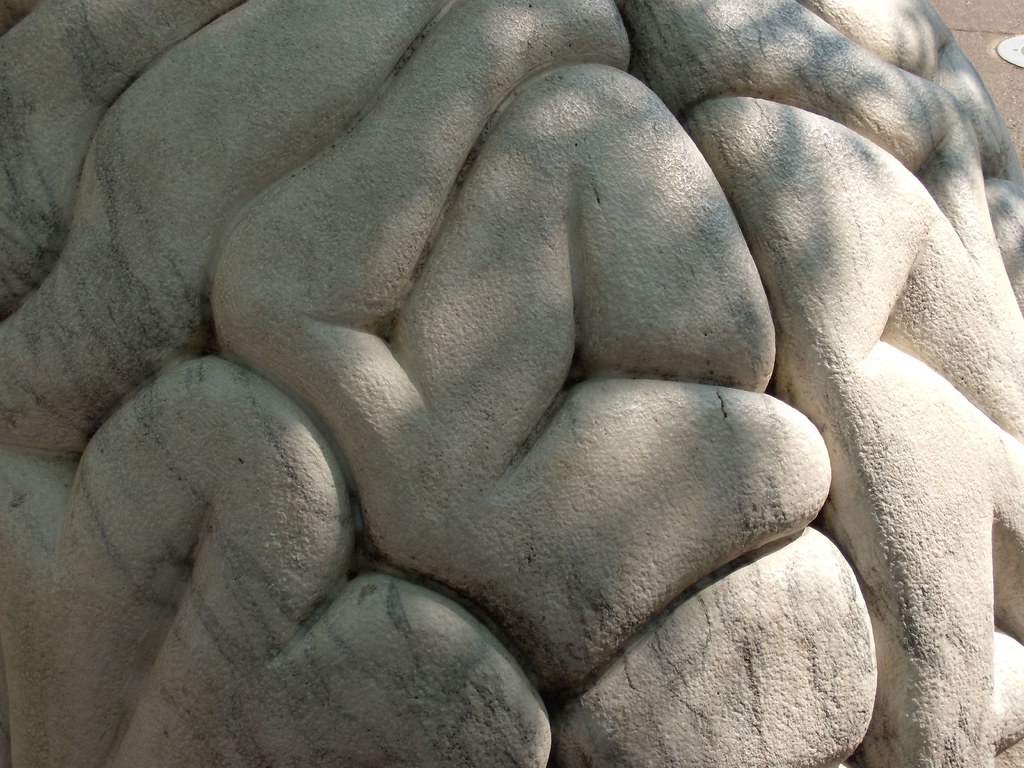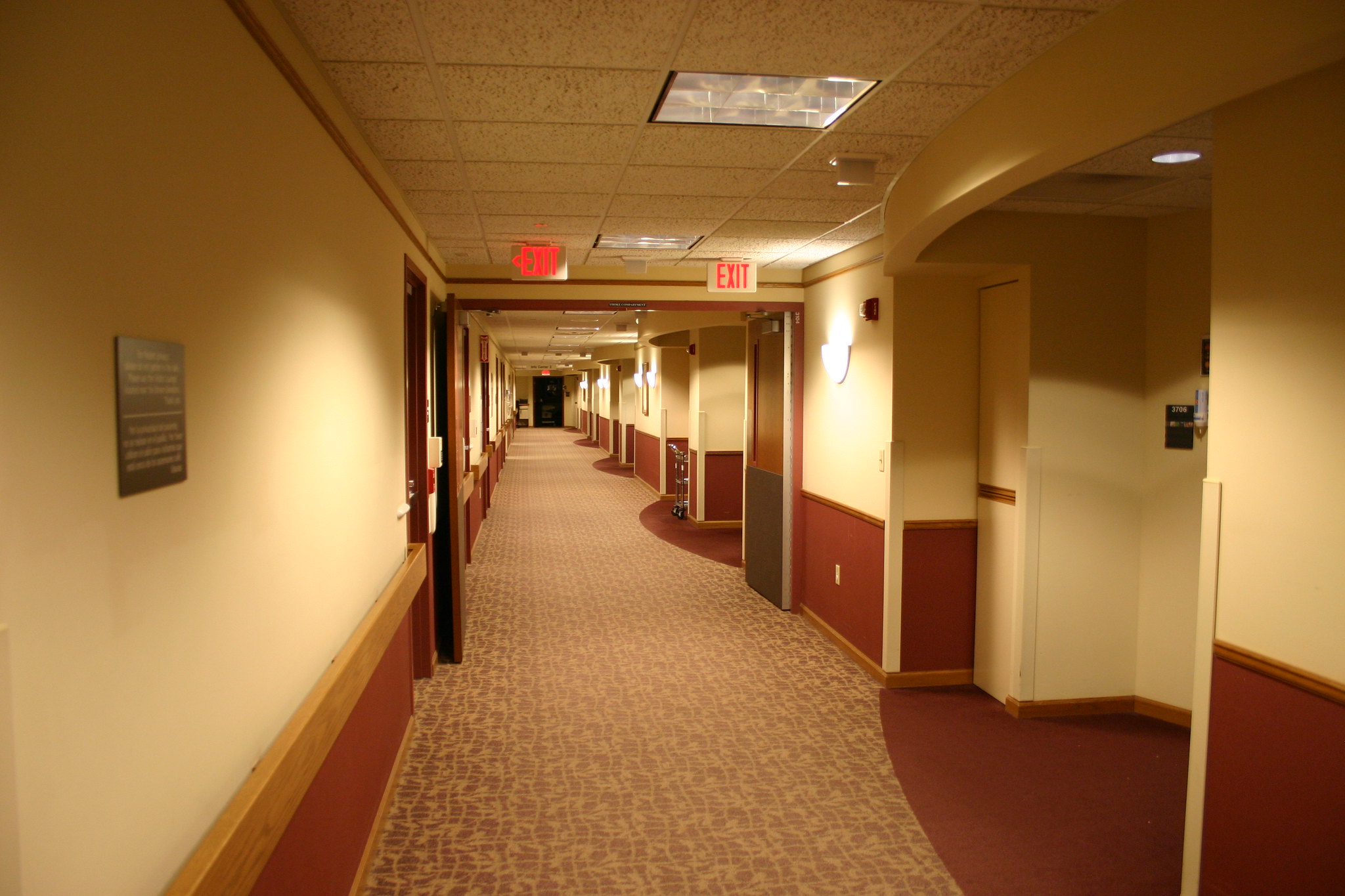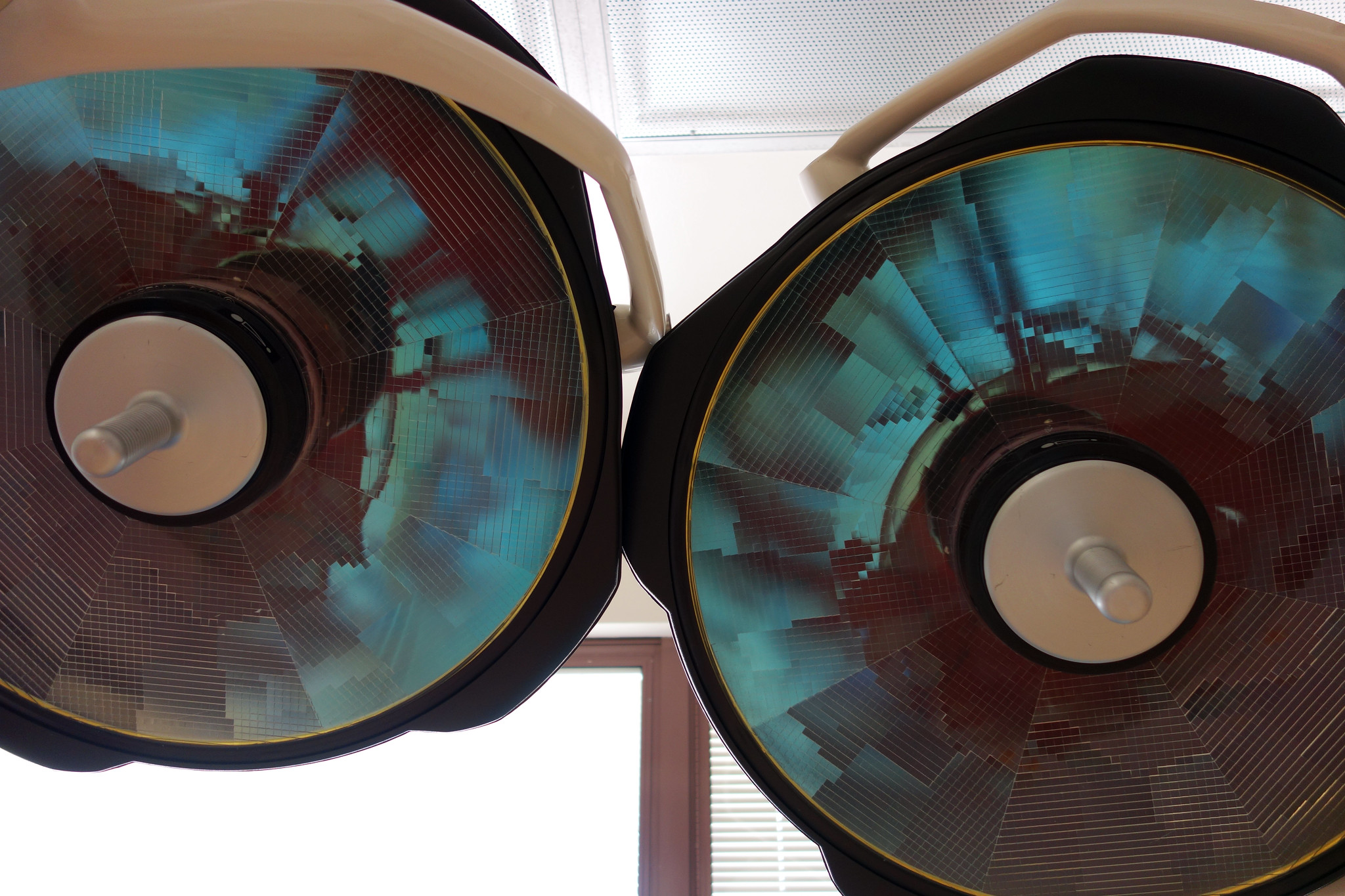My First Rotation of Third Year of Medical School
The impostor syndrome I experienced was extremely debilitating and, at some point, it handicapped my performance in my rotation. I even doubted the way I walked; I constantly looked at my badge to make sure it said Ana Meza-Rochin and not someone else’s name.





